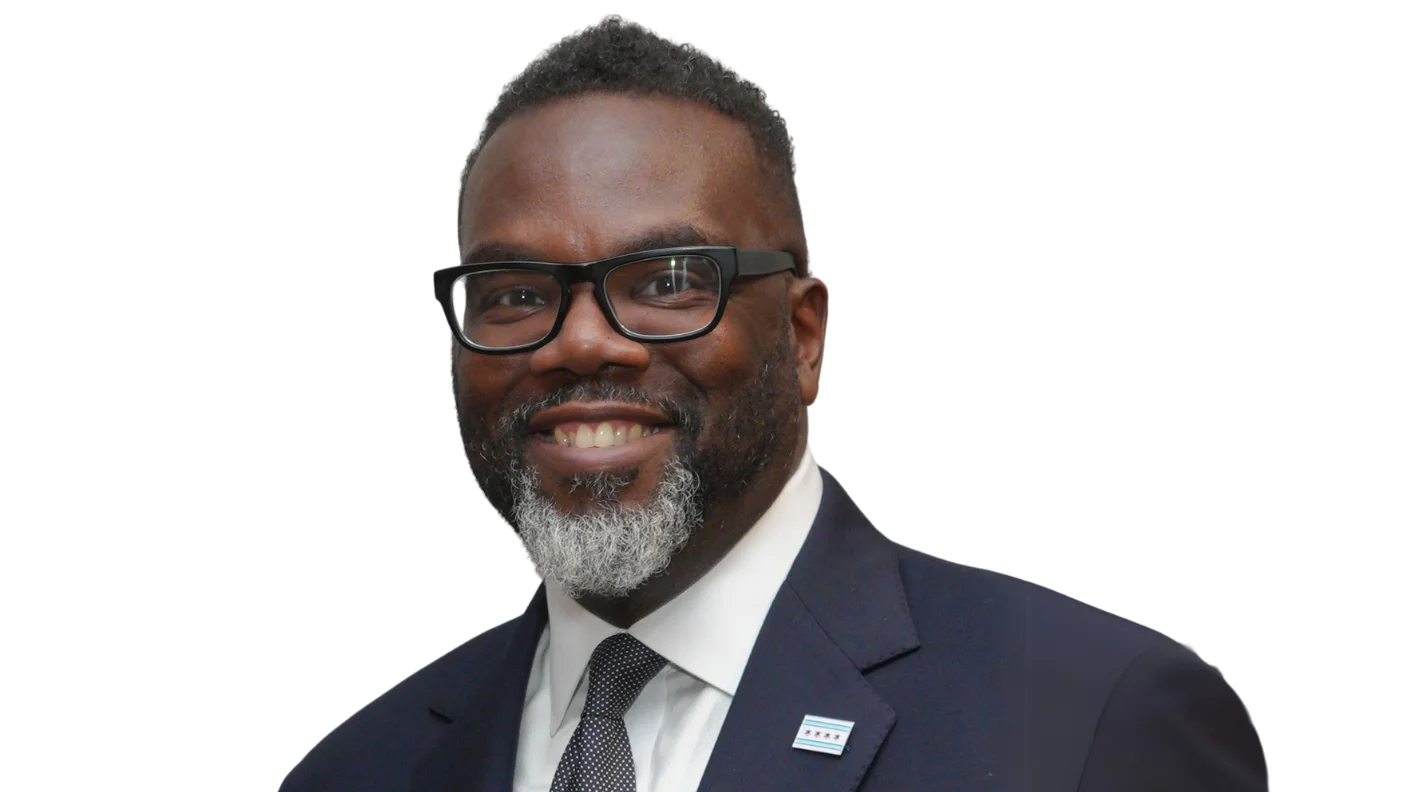Brandon Johnson Mayor | Chicago Contrarian
Brandon Johnson Mayor | Chicago Contrarian
Chicago is preparing for its first citywide election for president of the Chicago Board of Education, scheduled for November 2026. This event marks the final stage in a transition from a seven-member board appointed by the mayor to a fully elected, 21-member body. In 2024, ten district seats were filled through elections while the mayor continues to appoint eleven members, including the board president, during this interim period.
Sendhil Revuluri, who is the first declared candidate for board president, stated: “Instead of pitting schools against one another or chasing what’s politically popular, we need to focus on what is effective.”
The election will occur amid several ongoing challenges. Among them are low literacy rates within Chicago Public Schools (CPS), longstanding debates over social promotion policies, a shift in district priorities toward equity over competition, and recent changes affecting low-income families after the end of Illinois’ Invest in Kids tax-credit scholarship program.
Current CPS data show that fewer than one-third of students in grades 3–8 met or exceeded English Language Arts standards on state exams in 2024. For high school students, about one in four 11th-graders reached the state’s SAT benchmark for ELA proficiency. While these numbers reflect some recovery since pandemic-related lows, they remain below pre-pandemic levels.
Performance varies significantly across schools. Magnet programs such as Whitney Young and Walter Payton have reading results similar to suburban schools, but many neighborhood schools fall well below benchmarks. The next board president will inherit an existing multi-year plan focused on early literacy interventions and expanded tutoring.
Debates around social promotion—moving students to the next grade regardless of academic achievement—have shaped CPS policy since the late 1990s. Research by the Consortium on Chicago School Research found only marginal benefits from retaining students compared with promoting them and noted increased dropout risks among those held back multiple times. As a result, CPS gradually shifted away from strict retention policies toward more support-based approaches.
Since 2021, CPS has prioritized equity as its guiding principle. A resolution in January 2024 signaled movement away from an emphasis on school choice toward strengthening neighborhood schools. This includes adjustments to funding formulas favoring struggling students and schools and revising admissions policies to maintain socioeconomic diversity.
Comparisons between Catholic and public schools are common in local education debates. Nationally, Catholic schools outperform public schools on standardized assessments such as NAEP at both fourth and eighth grades; however, there is little direct comparison data specific to Chicago at the school level.
The end of Illinois’ Invest in Kids program at the close of 2023 affected many low-income families who had relied on private-school scholarships funded by state tax credits. Candidates may take positions either supporting efforts to revive similar scholarship programs or advocating that public resources remain focused on neighborhood public schools.
With only one-third of elementary students proficient in reading according to recent measures, advocates for school choice argue that scholarships offer crucial alternatives while CPS works to improve outcomes. Supporters of an equity-first approach believe resources should target gaps within CPS itself rather than subsidizing departures from public education.
Voters will be asked not just to choose a presiding officer but also select a broader vision for how CPS should address its ongoing challenges—whether by reinforcing expectations and expanding educational options or by focusing investment within traditional neighborhood schools.
The new board president will be responsible for delivering measurable improvements in student literacy while balancing fairness and transparency concerns that have shaped debate over Chicago’s public education system for decades.






 Alerts Sign-up
Alerts Sign-up